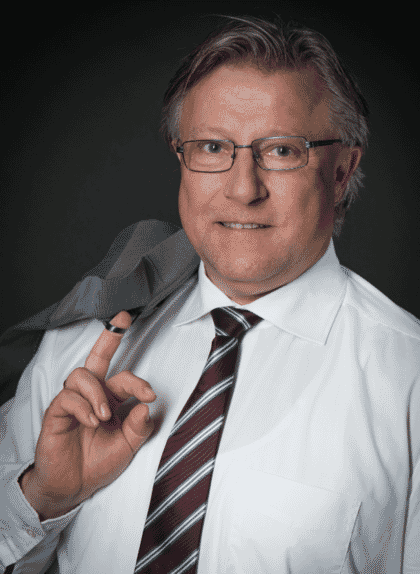
With a growing population putting ever greater pressure on the Earth’s resources, everyone in the food production industry needs to be working sustainably.
Evonik’s joint venture project with DSM – Veramaris – for instance, has developed a solution which means farmed salmon get all the nutrients they require from vegetable protein, rather than requiring fishmeal and fish oil. Using the more traditional approach, the equivalent of two kilos of wild fish are needed to produce just one kilogram of farmed fish. With this project Evonik is showing there is a way to reduce overfishing of the oceans.
However, whether actions are sustainable can be subjective. Dr Michael Binder, Evonik’s director of sustainability development, spoke at the Global Food Summit 2019 in Germany to highlight the potential conflicts in taking a ‘sustainable’ approach. He said that, although overfishing could be reduced by using vegetable protein to feed farmed fish, the amount of energy required for the production of proteins for fish food means it is not a straightforward issue. The energy used must be balanced against the United Nations’ Sustainability Goal 14: Life Under the Water, which includes the need to protect our oceans from the impacts of climate change.
Dr Binder said: "One solution is never the absolute right one. You always have to pay a price. Ultimately, the end user decides what kind of sustainability is acceptable to him or her."

